
"Schools are failing our children. The solution lies in art education."
By Michael Craig-Martin
Published on 13 June 2019
As art-making is ebbed out of schools across the country, we overlook the skills it delivers – strengths that should be the envy of "proper" academic education, says Michael Craig-Martin.
From the Spring 2019 issue of RA Magazine, issued quarterly to Friends of the RA. This issue is an arts education special, to mark the 250th anniversary of the RA Schools.
I believe that the principles underlying art education are generally misunderstood, and that it represents an untapped resource and potential model for educational programmes.
Because academic education is so completely dominant, and because most people’s personal experiences of education consist solely of academic education, it is widely assumed that this is what we mean by true education. From this standpoint art education is widely regarded as marginal, indulgent, "easy", not properly serious. This is why it is often relegated to the periphery of educational programmes or, as we often find today, eliminated from the curriculum entirely.
The fact is that art education is fundamentally different from normal academic education, and it is this critical difference that makes it potentially so useful and important. It represents a true alternative.

Art education involves a fundamental alteration in the relationship between the student and the subject. In normal academic subjects – philosophy, history, art history, the physical sciences, the social sciences – the subject exists within its own right. The subject is indifferent to whether one studies it or not and is not affected by one’s study, except at the very highest level of work. The student must approach the subject submissively, start with generally agreed basics, and gradually build a more and more complex network of understanding.
Art education is based on the premise that one can best learn about art through the direct experience of making it oneself, rather than through the academic route of learning about it. Art is not a subject in the academic sense at all. The minute one starts making art, one has already jumped in the deep end. Although at various points historically people have proposed hierarchically based study programmes for art, the fact is that there are no obvious or agreed basics.
The most commonplace misunderstanding about art education, even today, concerns the role of life drawing. While it is perfectly reasonable to seek to draw the human figure, to do so is to learn a skill, and this skill will not in itself lead to a better understanding of art or how to make art. Art employs skills but is not a skill.
Art education is fundamentally different from normal academic education, and it is this critical difference that makes it potentially so useful and important. It represents a true alternative.
Michael Craig-Martin
In art, understanding does not build in a straightforward incremental way, with the simple leading to the complex. Art reveals itself whenever a student takes responsibility for what they do. Making art demands personal honesty, emotional vulnerability, commitment and passion. Understanding develops through personal experience.
In art education it is the individual who plays the central role, who accesses and animates the subject, and art, far from indifferent, responds accordingly. Obviously this puts the art student in a position where certain characteristics are required and nourished: self-discipline, critical observation, assumption of responsibility, creativity, responsiveness, ability to adjust and adapt to change.
Virtually every educationalist in the world today would agree that the qualities listed above should be the ultimate aim of all education for young people facing the challenges of the contemporary world. I believe that art education by its nature develops these characteristics in a way that academic education does not. Whether those who study art in this way become artists or not is not important; their education will positively inform the whole of their lives, no matter what they choose to do.
Michael Craig-Martin RA is an artist. His exhibition Michael Craig-Martin: Present Sense is on view at The Gallery at Windsor, Vero Beach, Florida, until 25 April.
Related articles
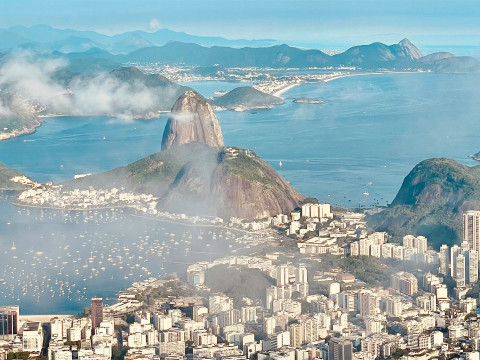
Five Brazilian cultural icons from the 20th century
28 February 2025
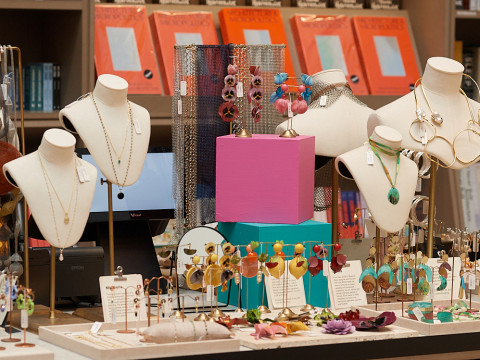
A love letter to the gallery gift shop
18 November 2024
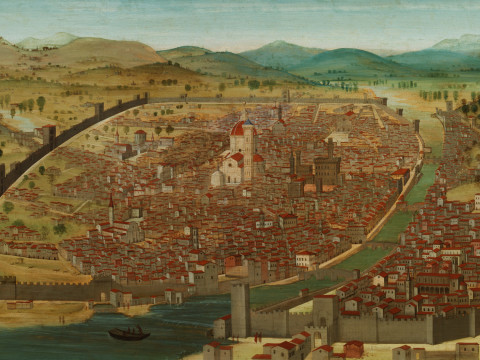
Painting the town: Florence in 1504
15 November 2024
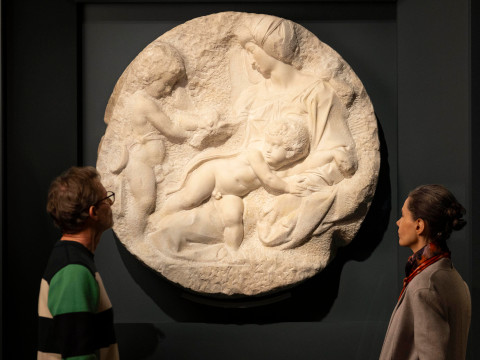
Moving a masterpiece
7 November 2024
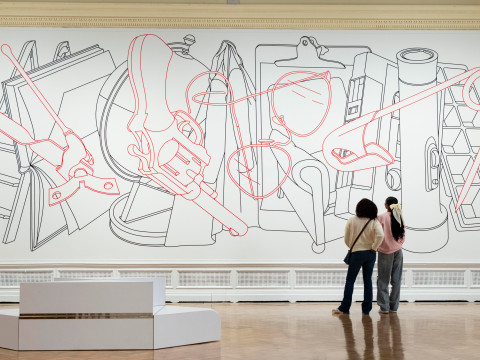
Video: drawing on gallery walls with tape
15 October 2024
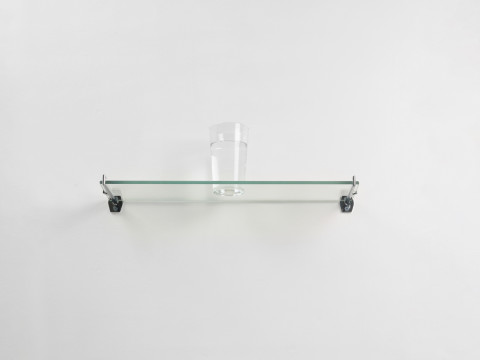
Video: changing a glass of water into an oak tree
15 October 2024